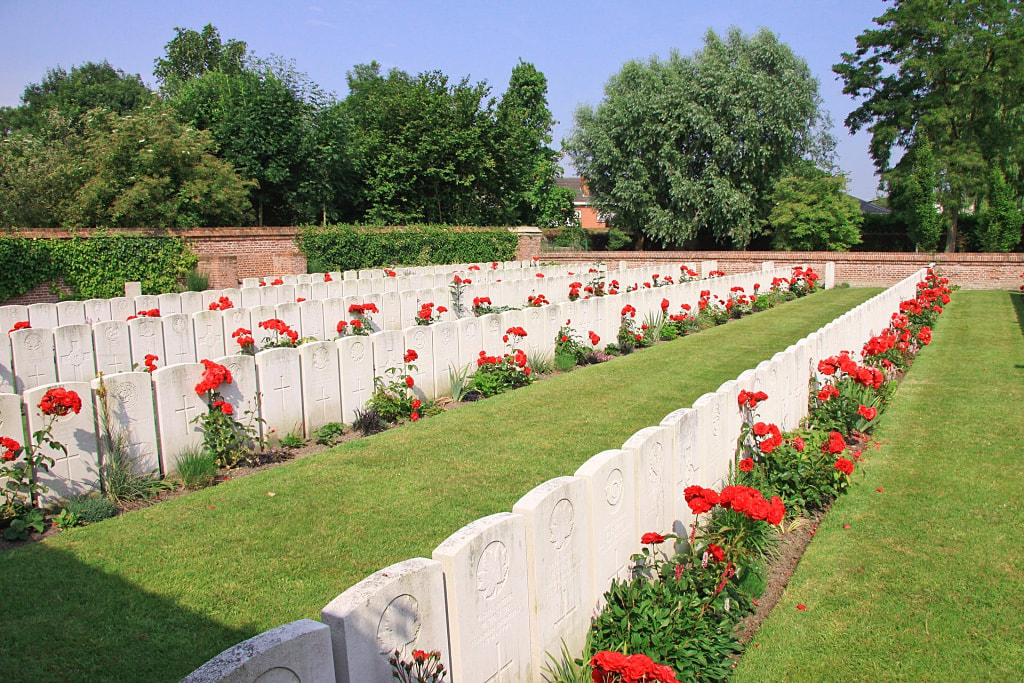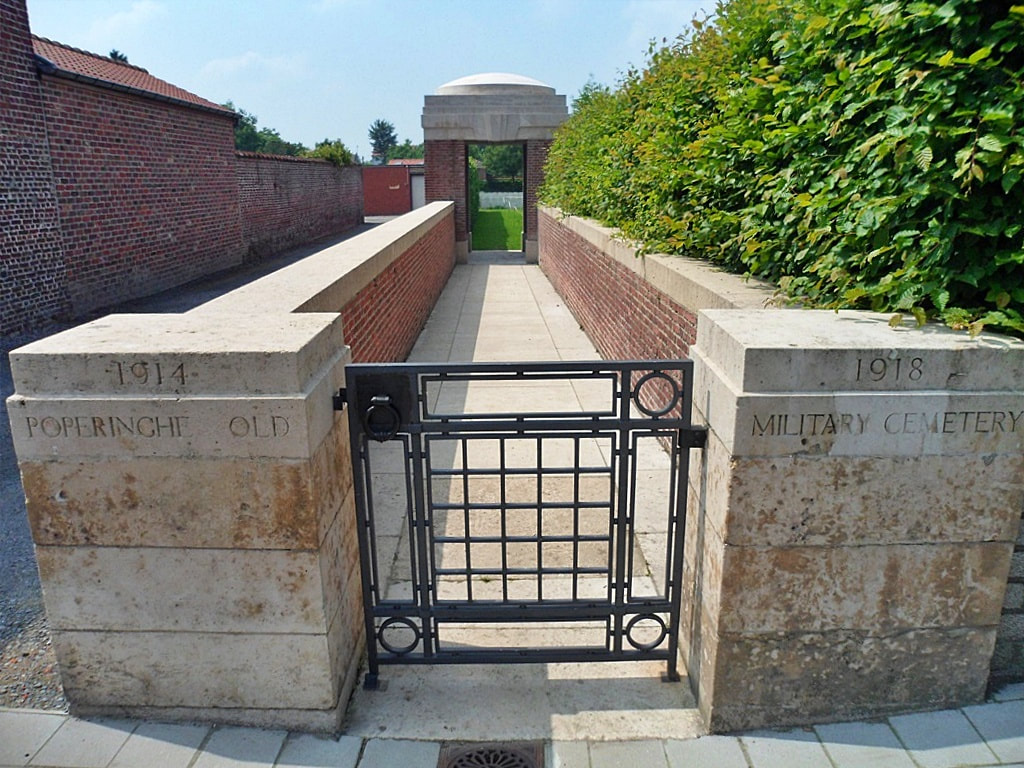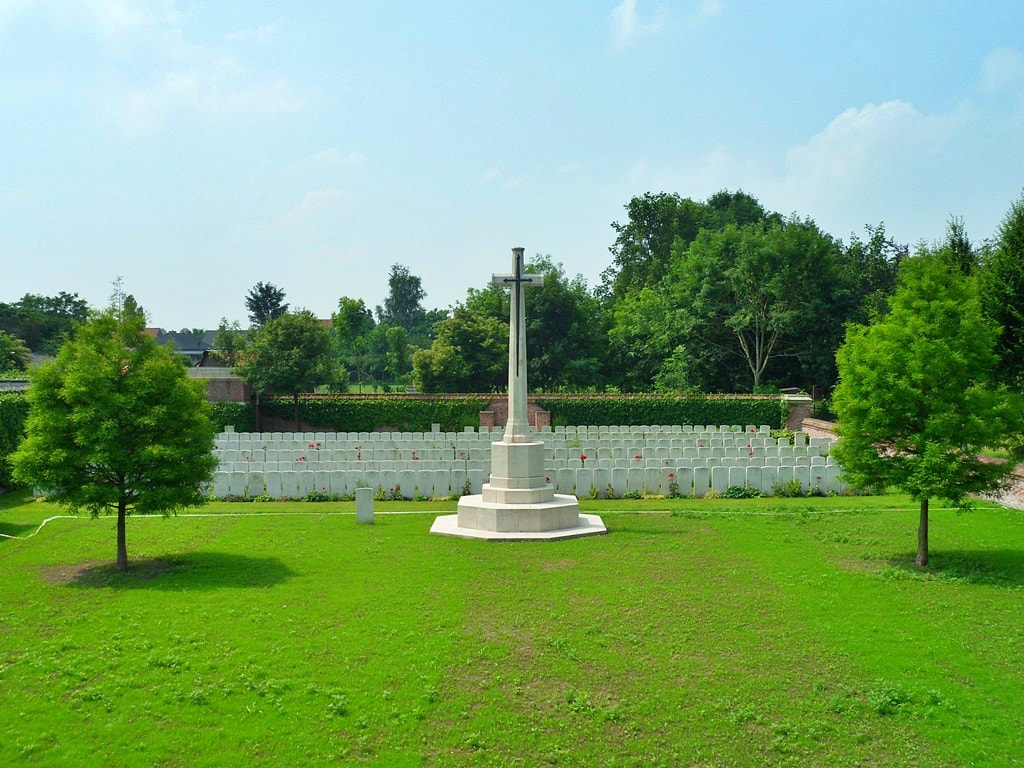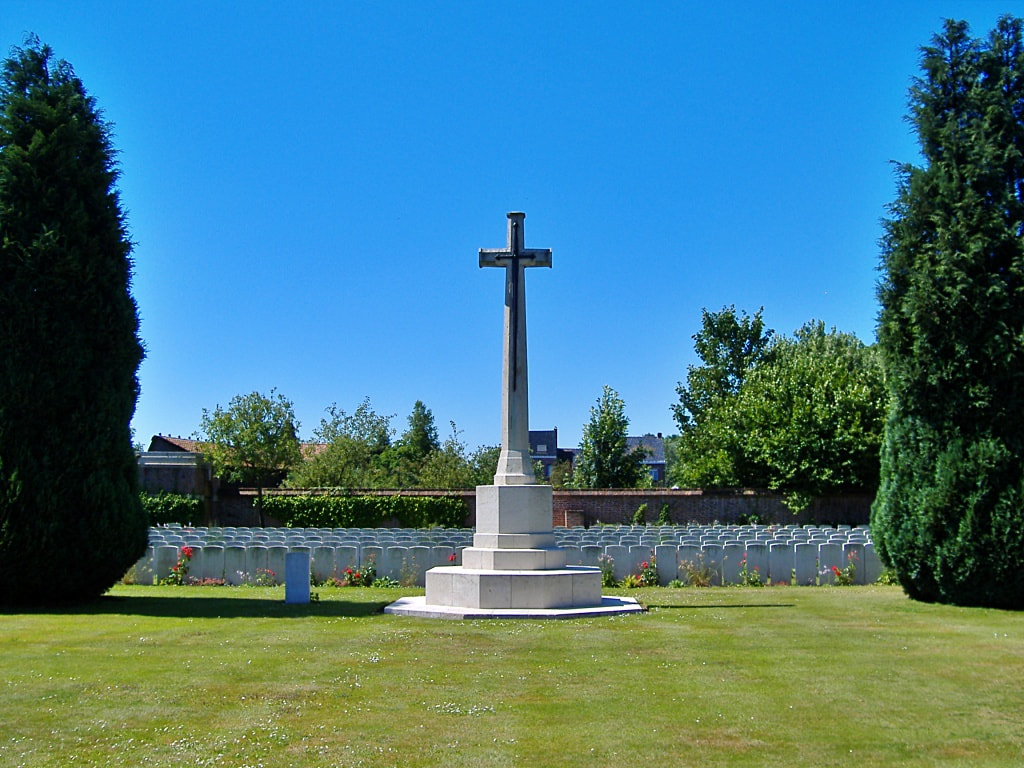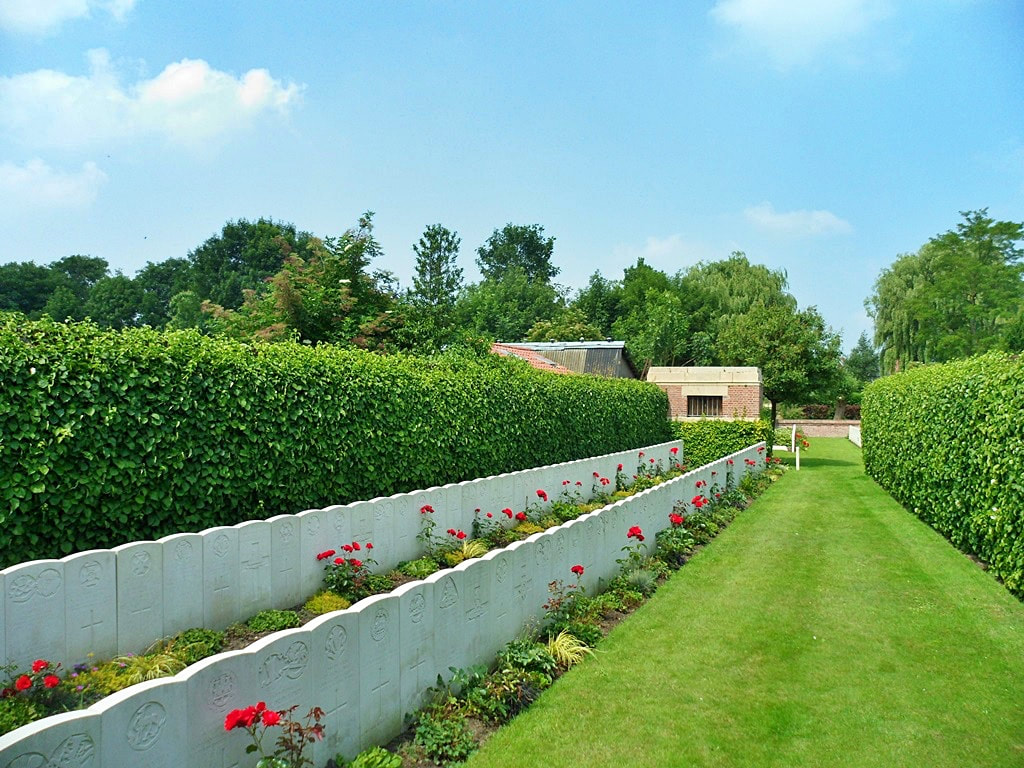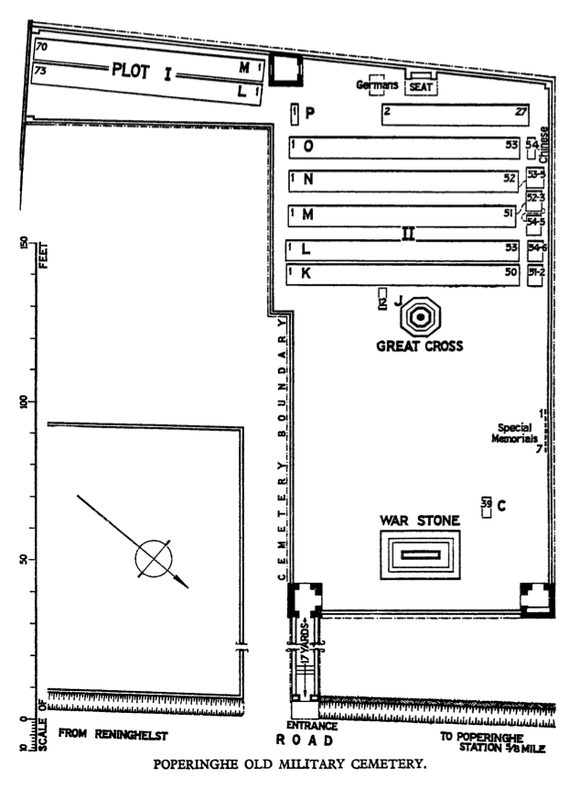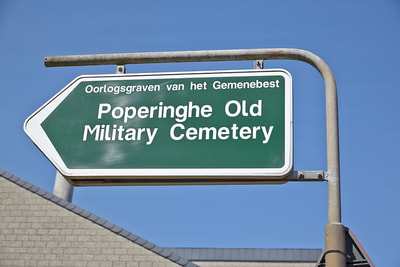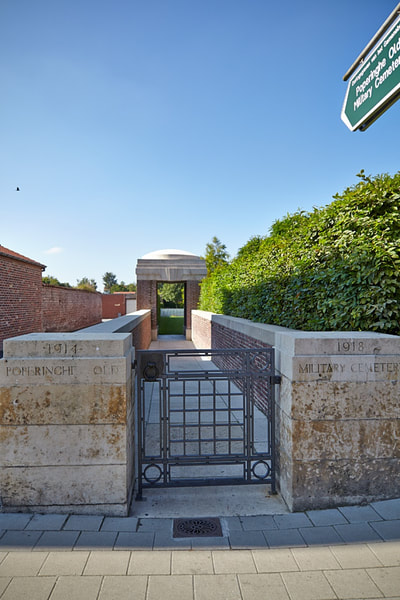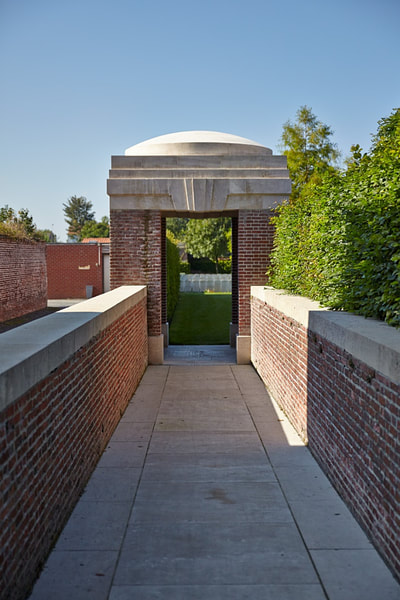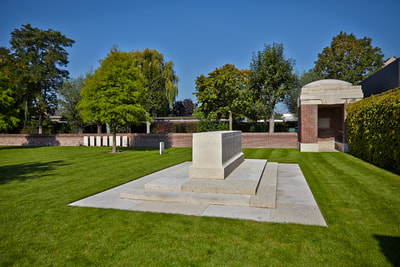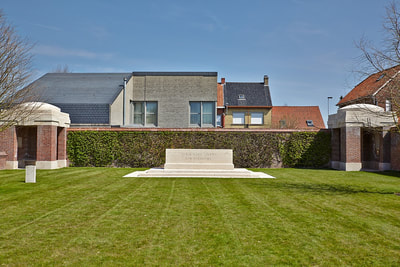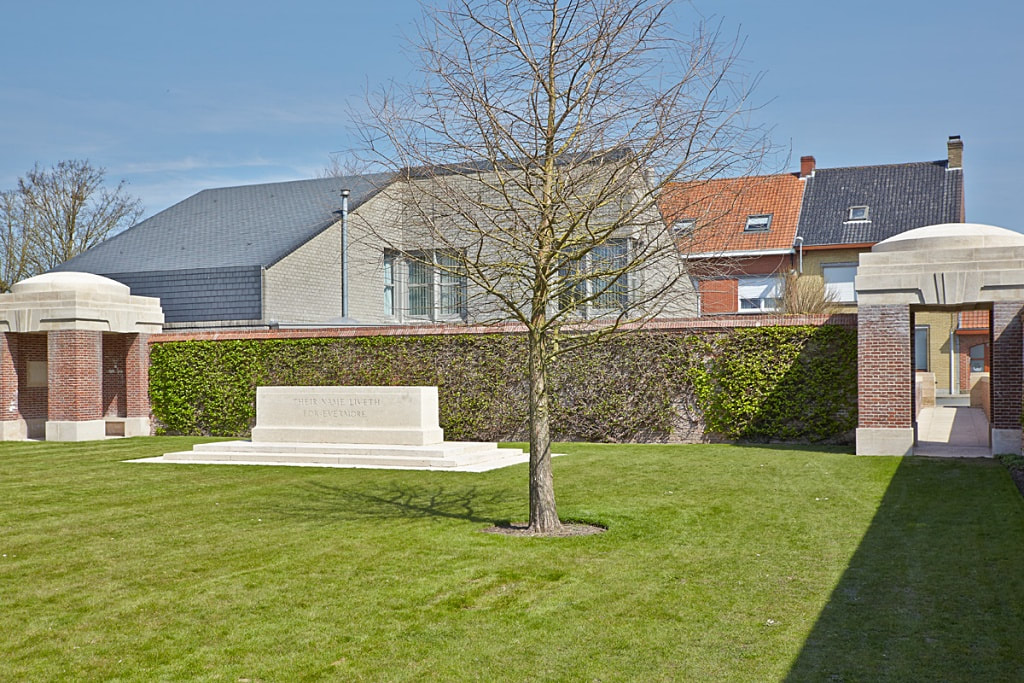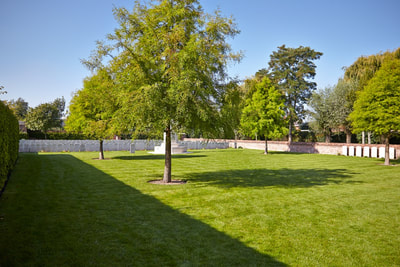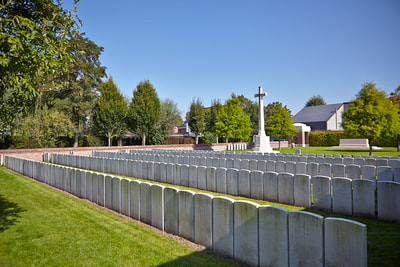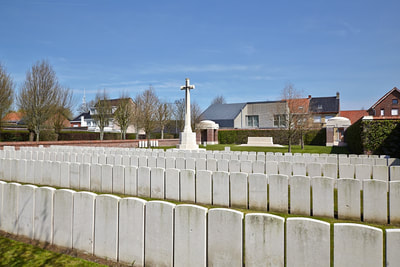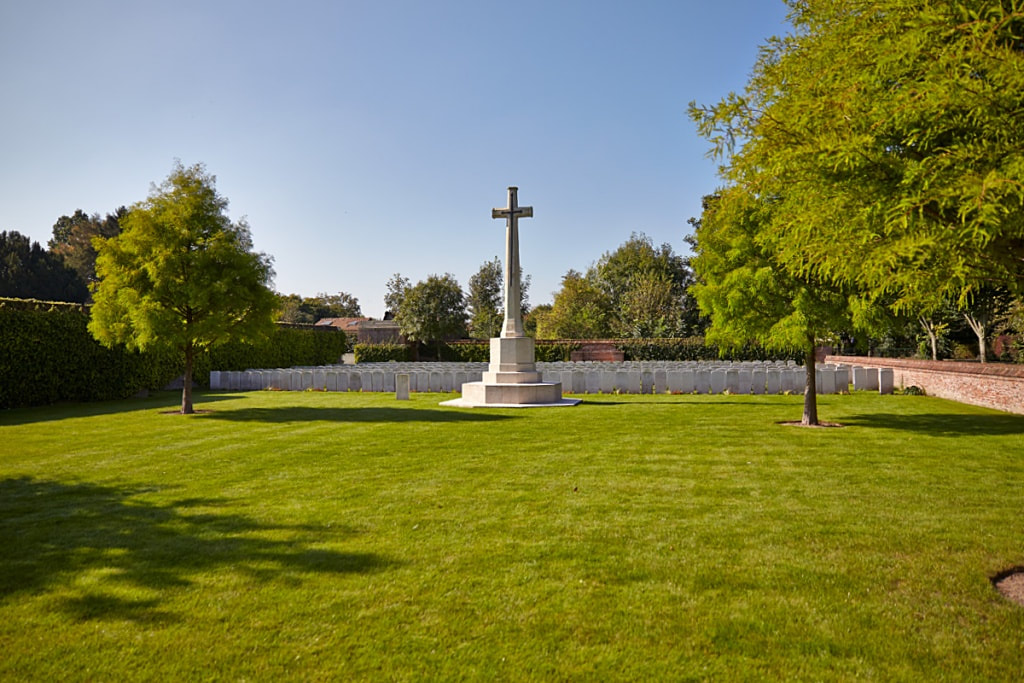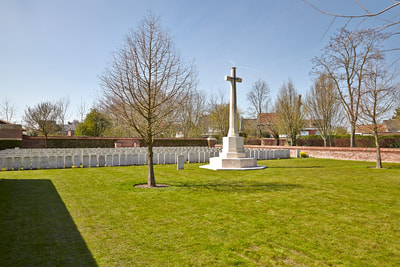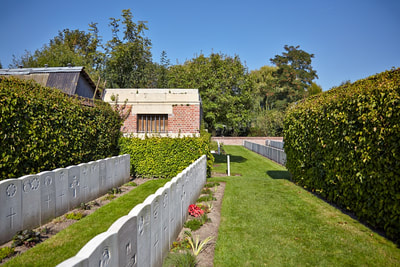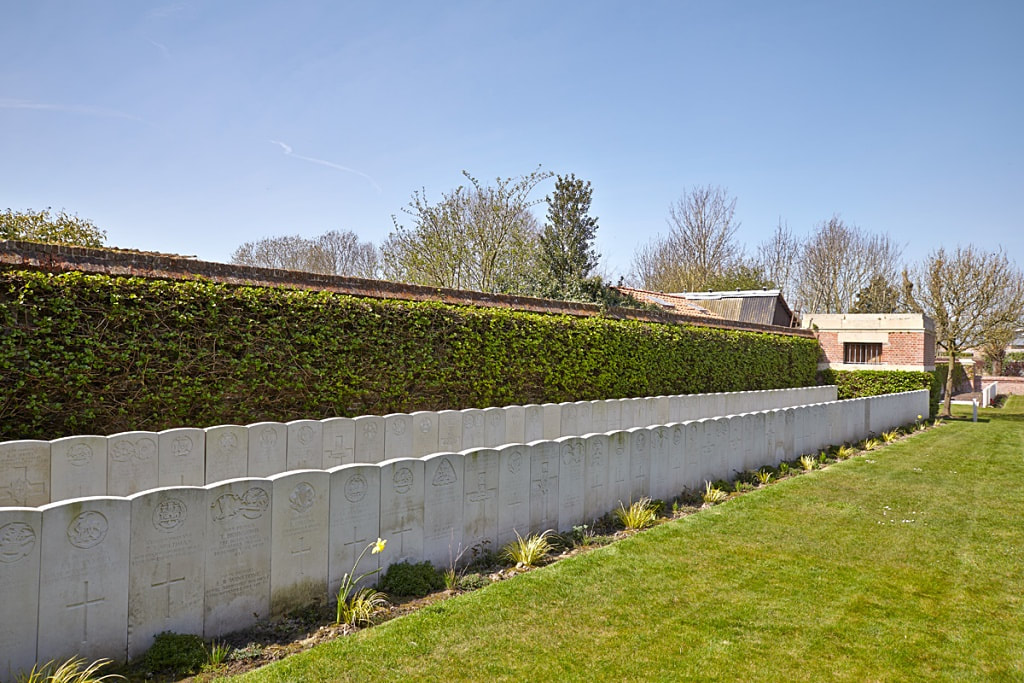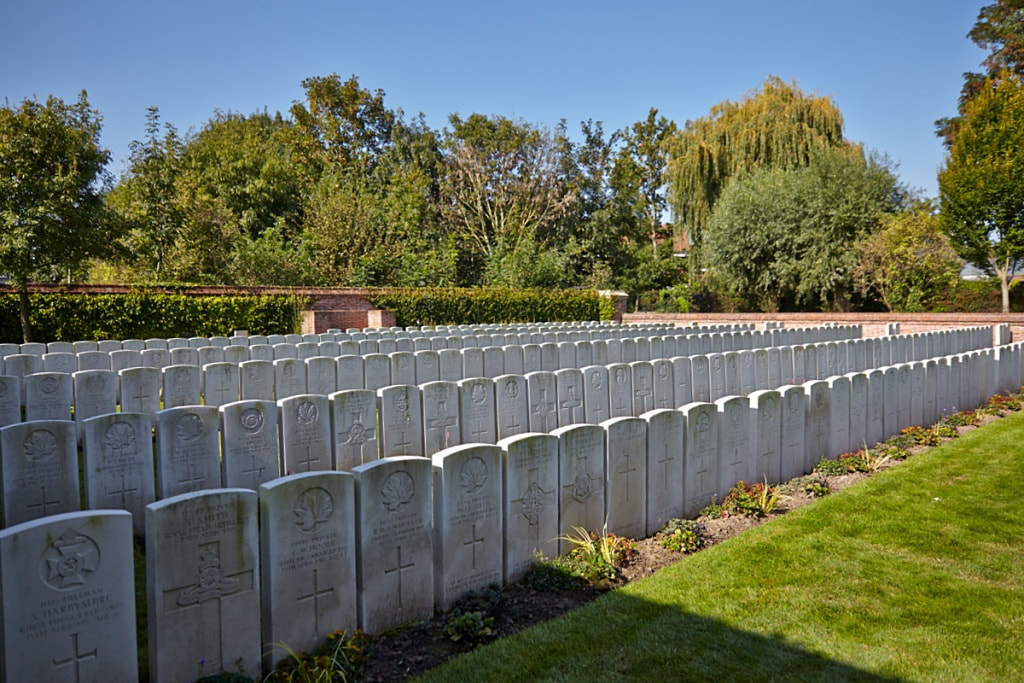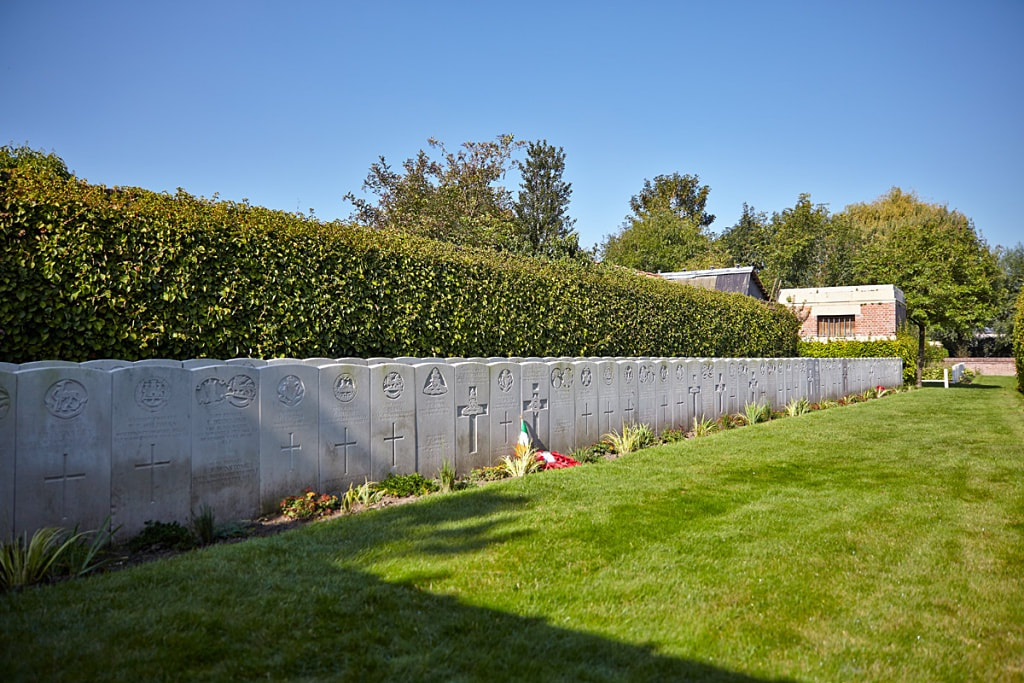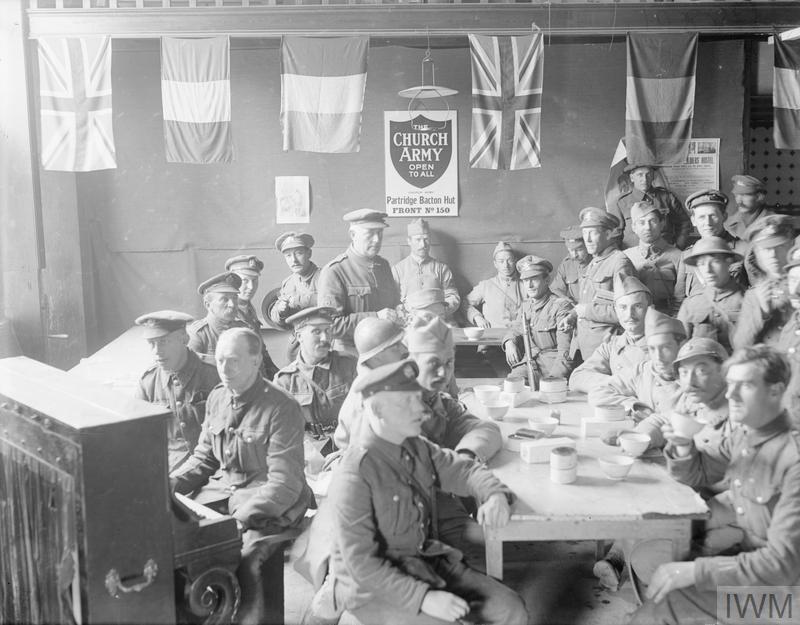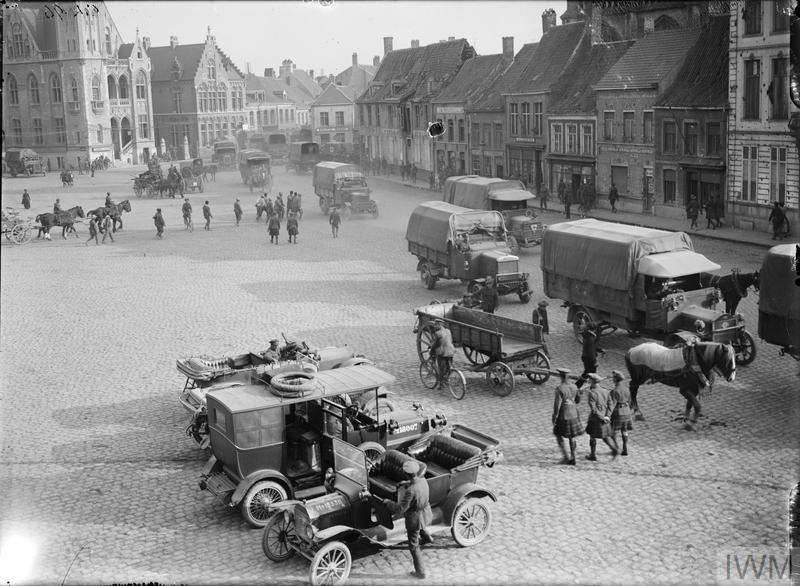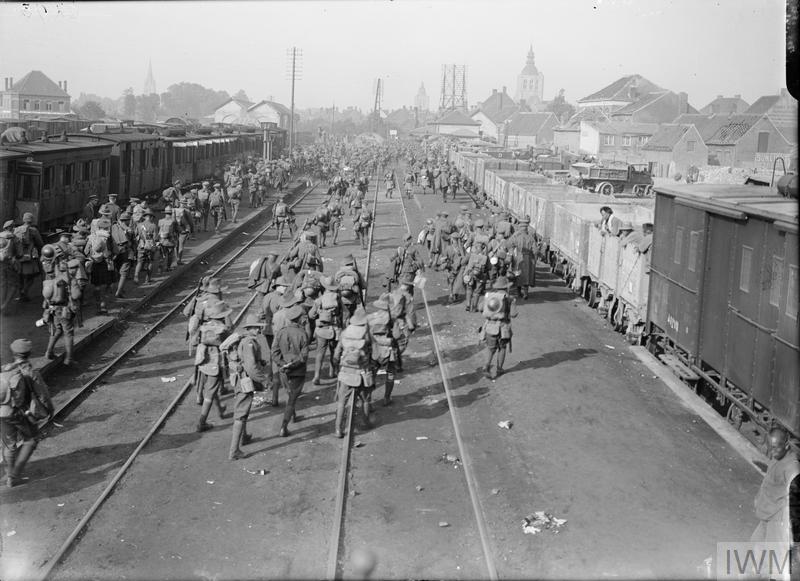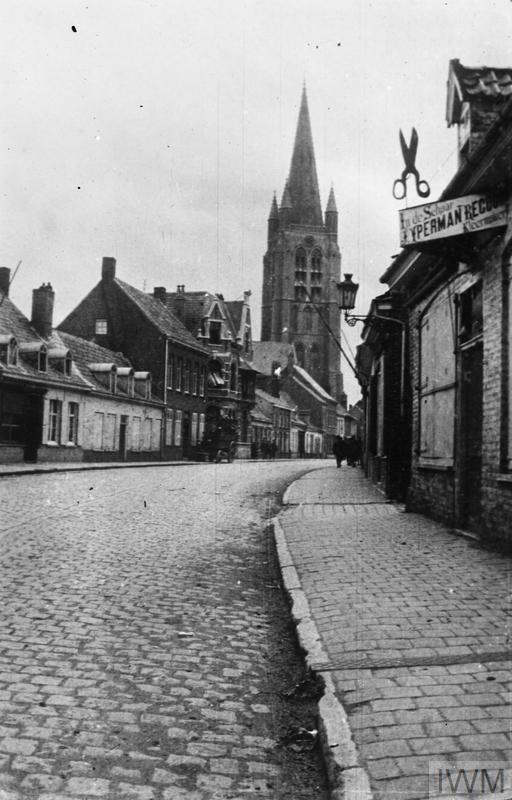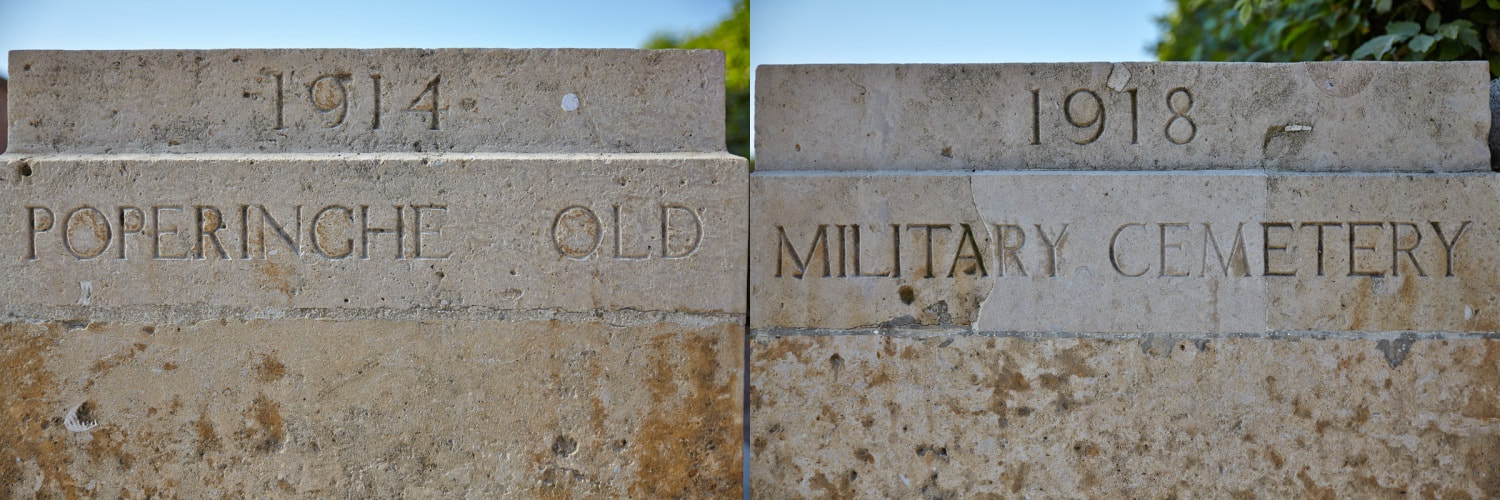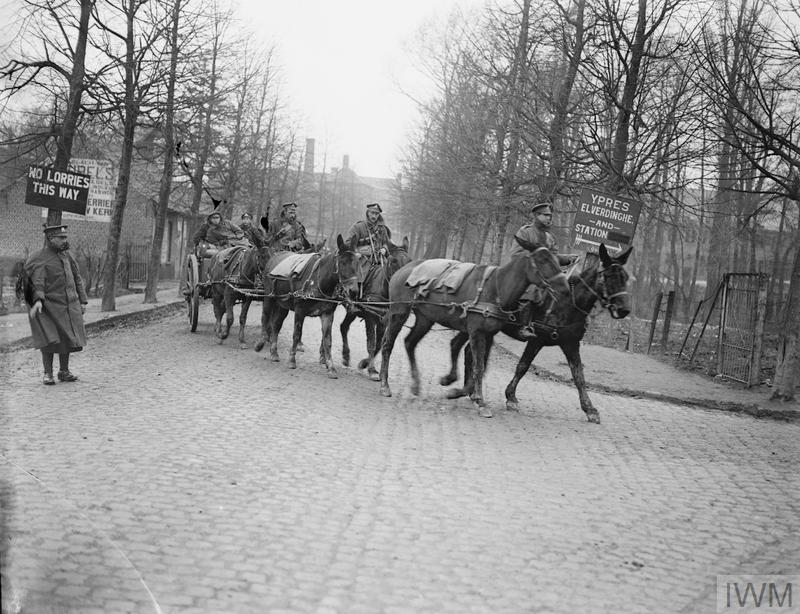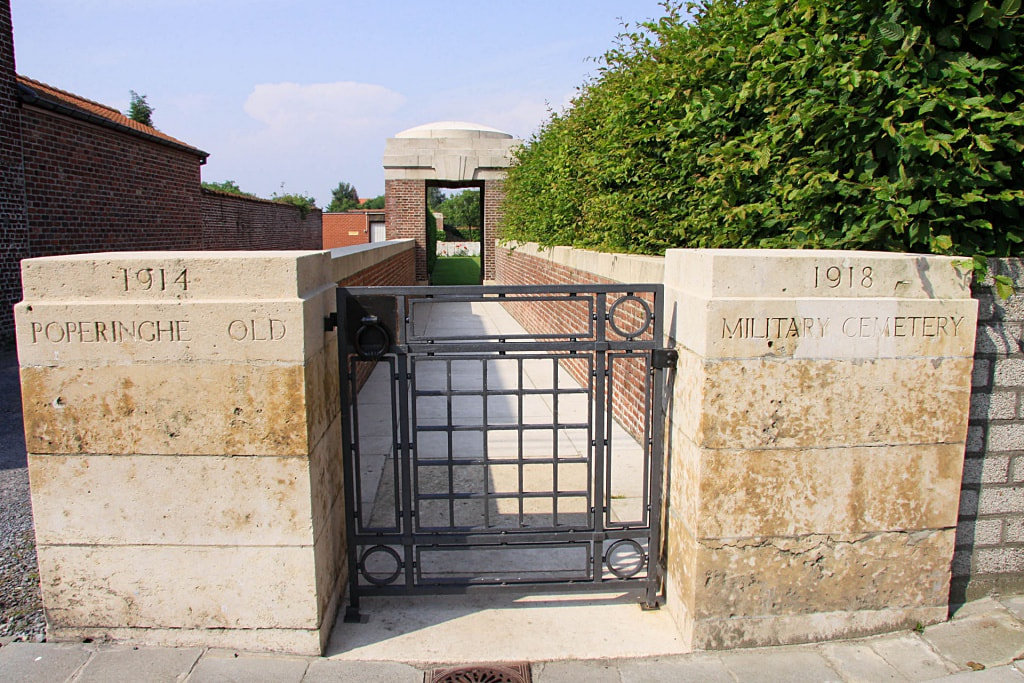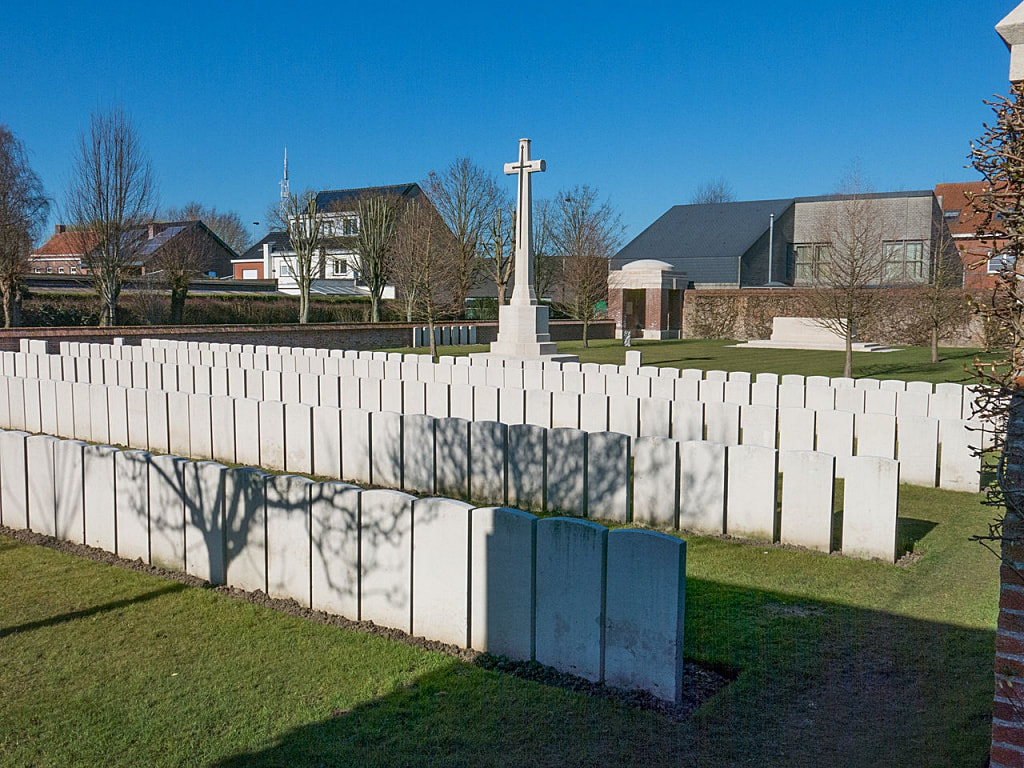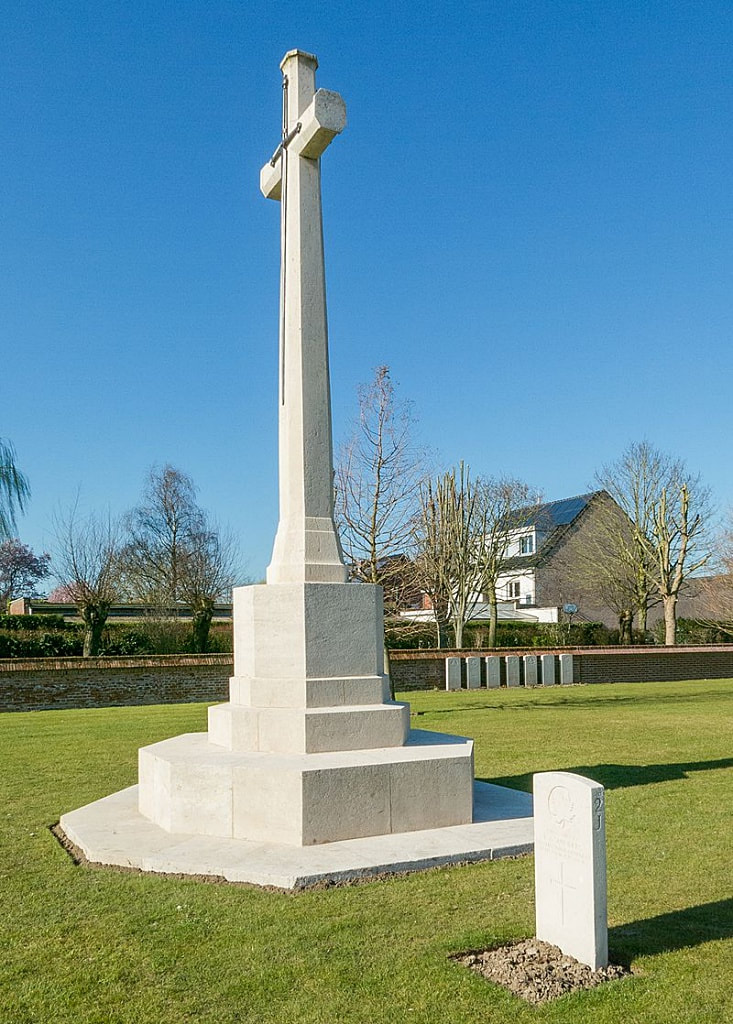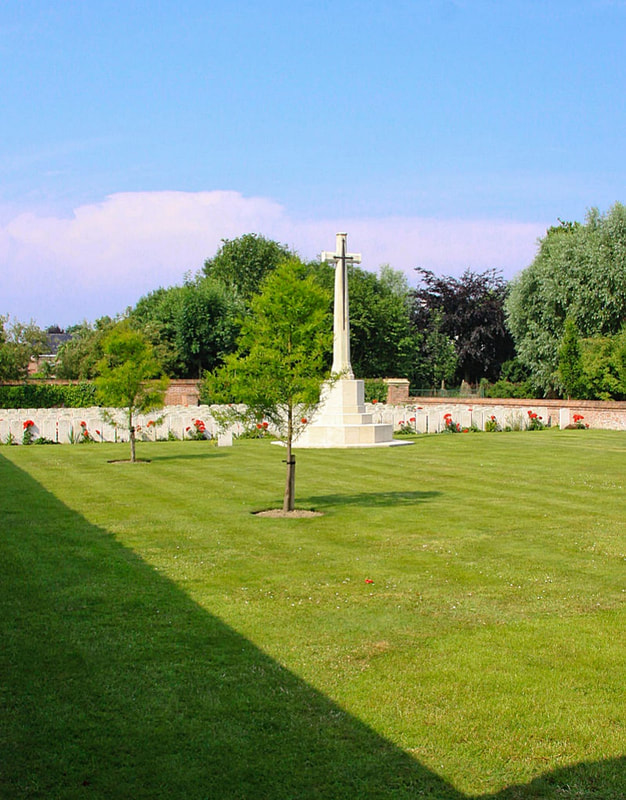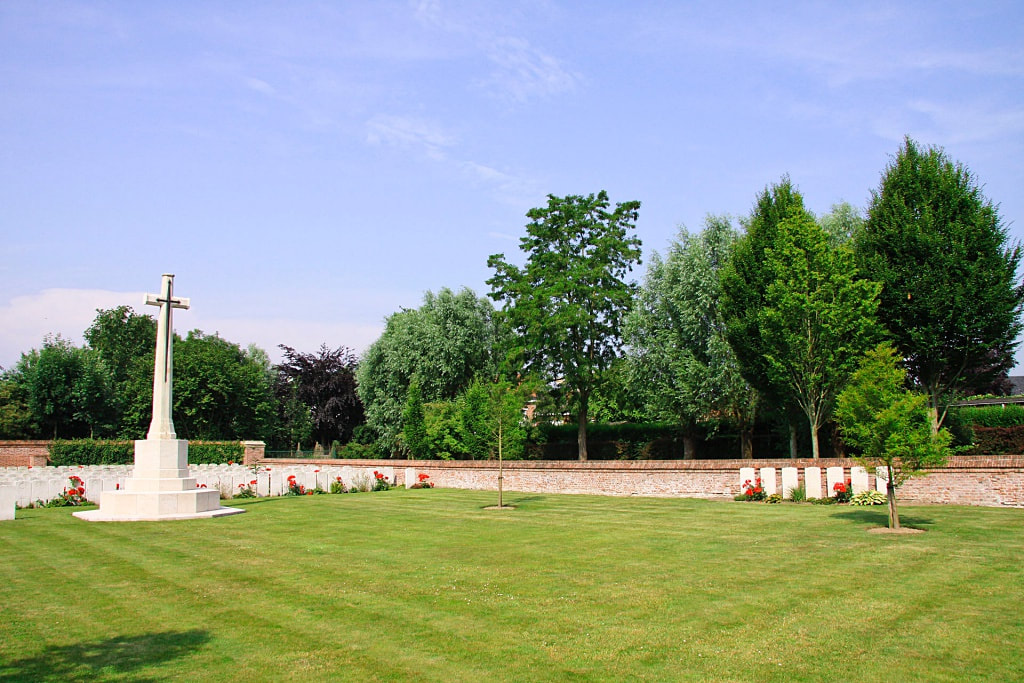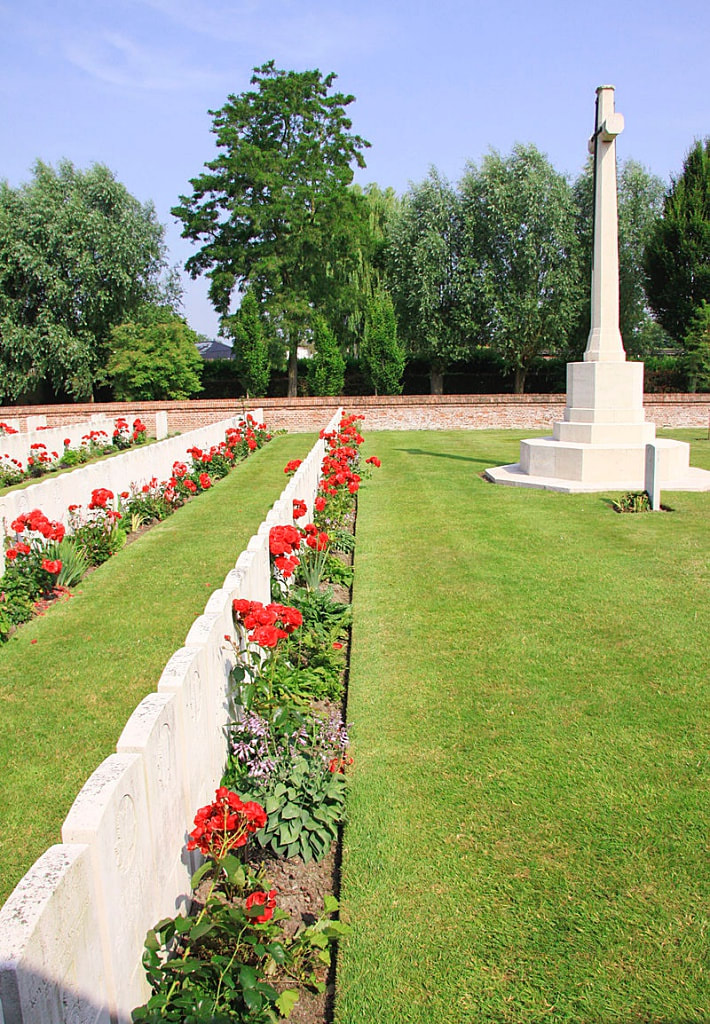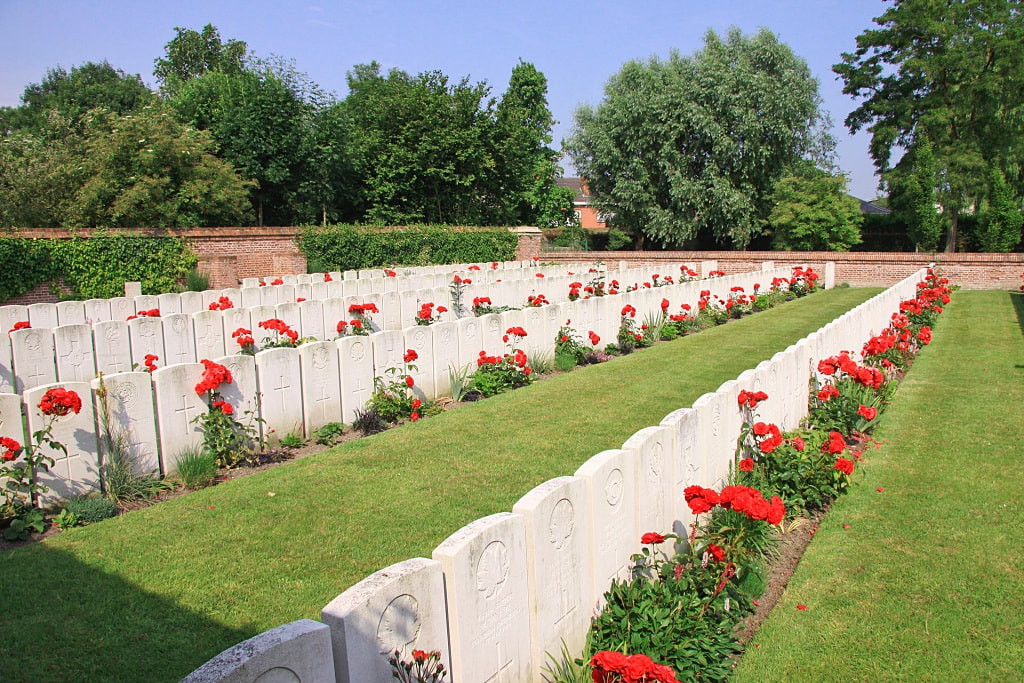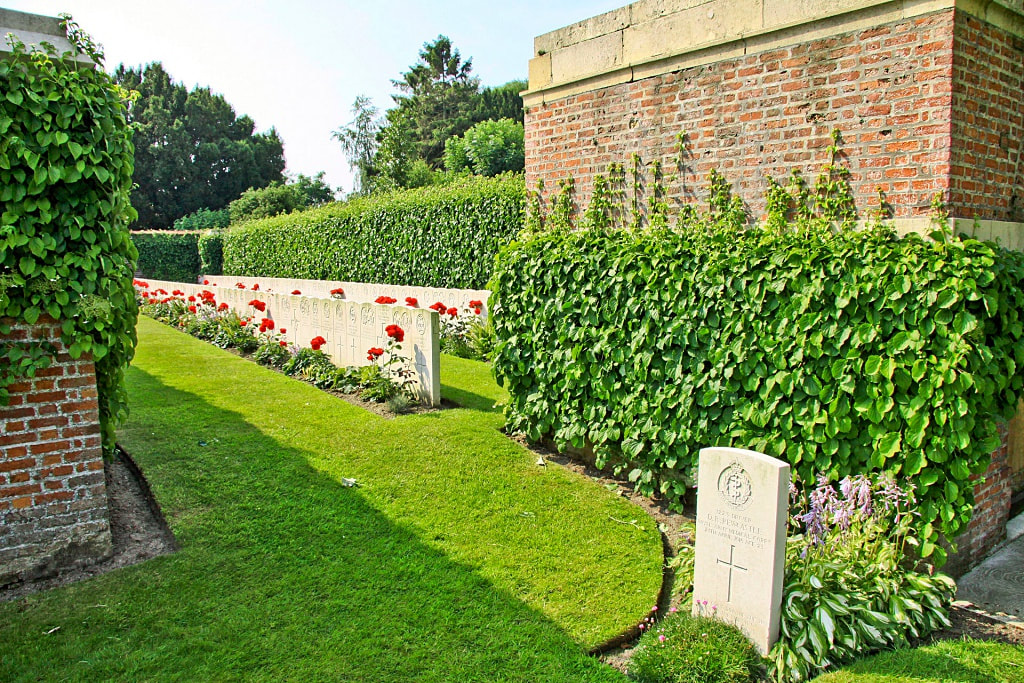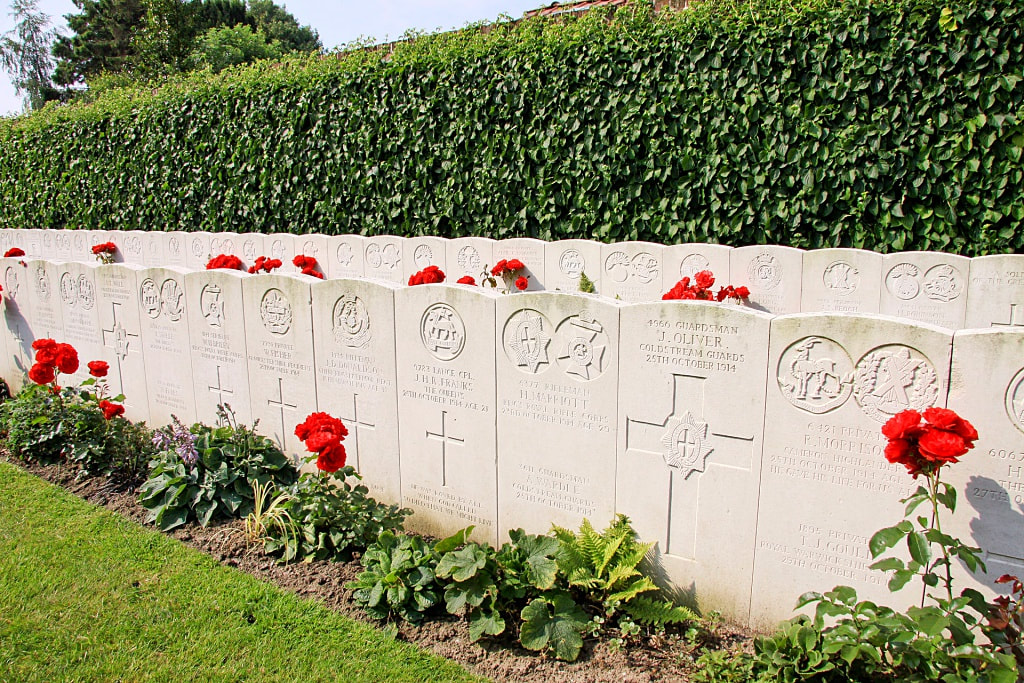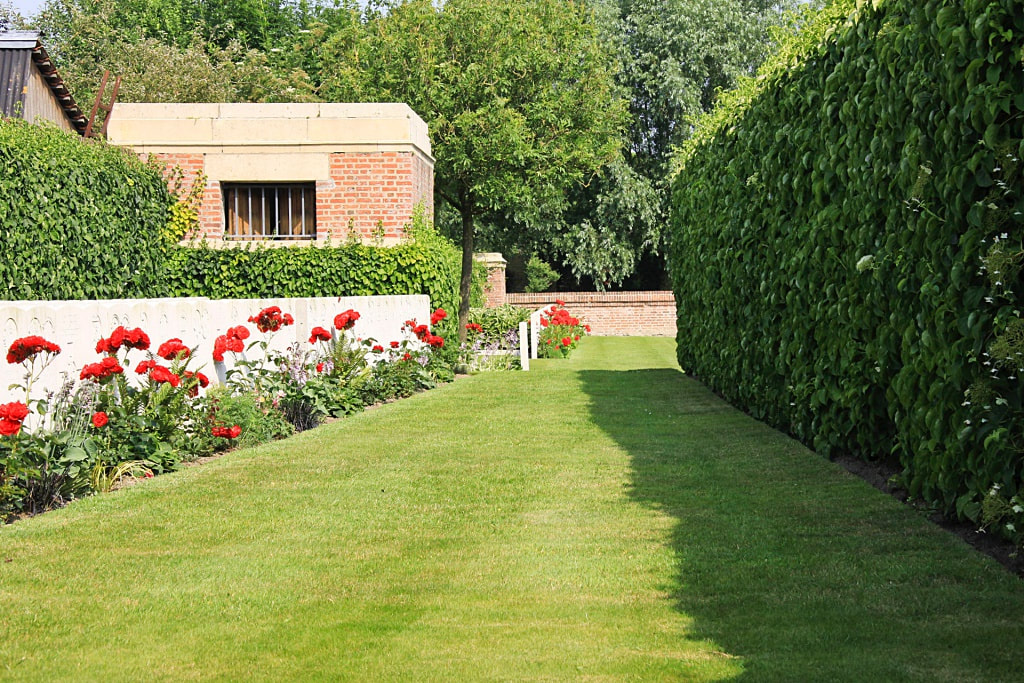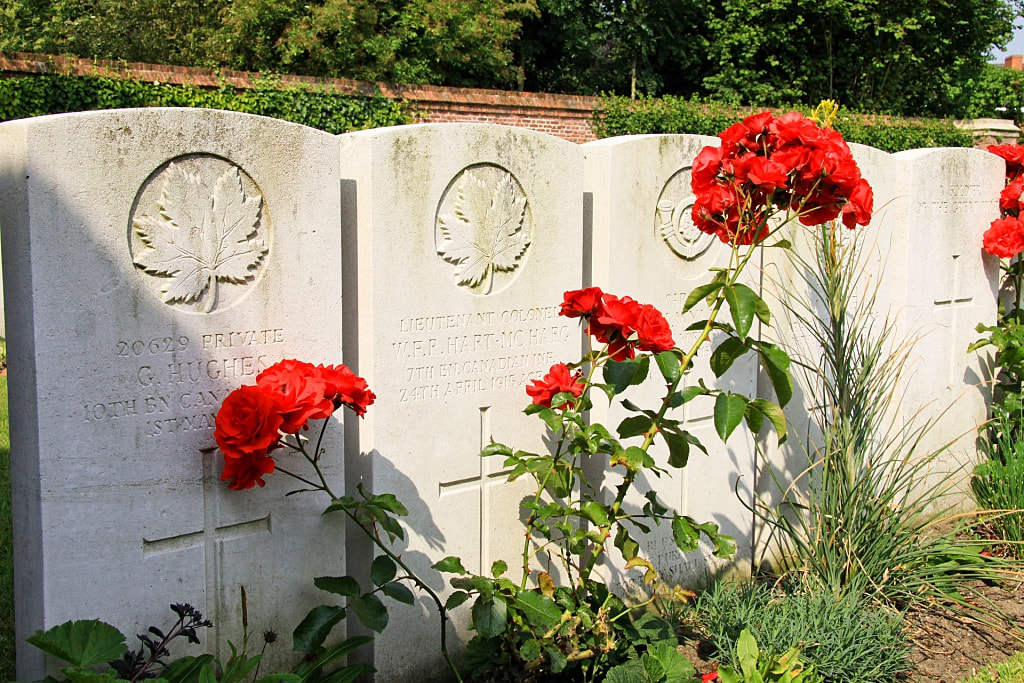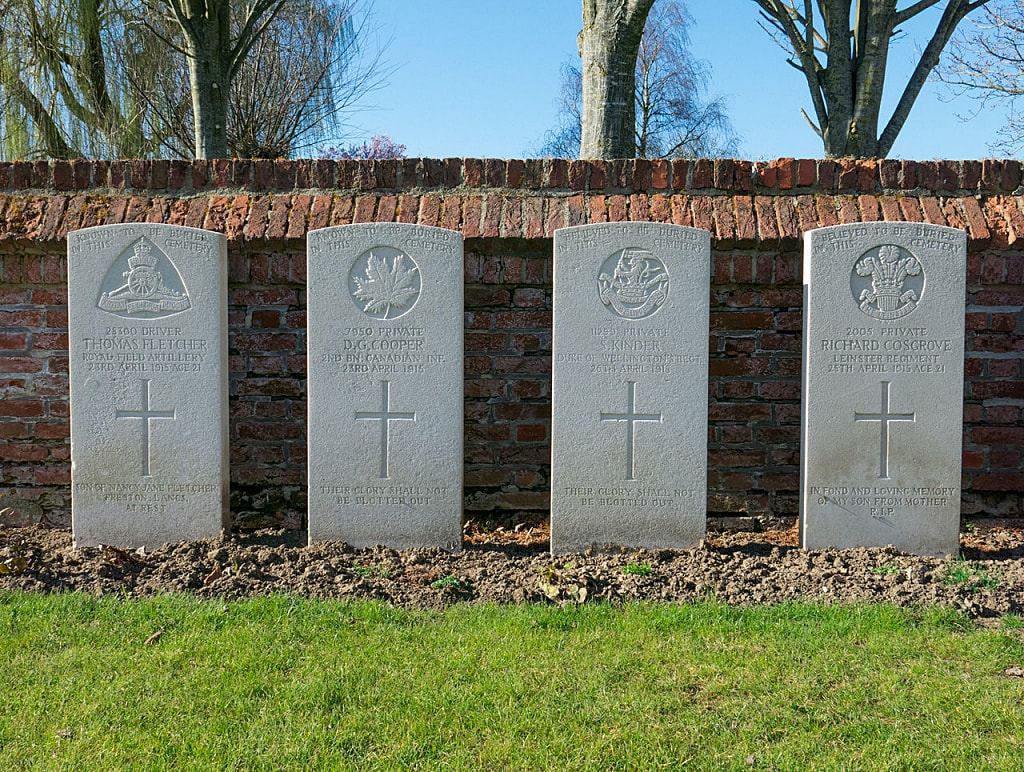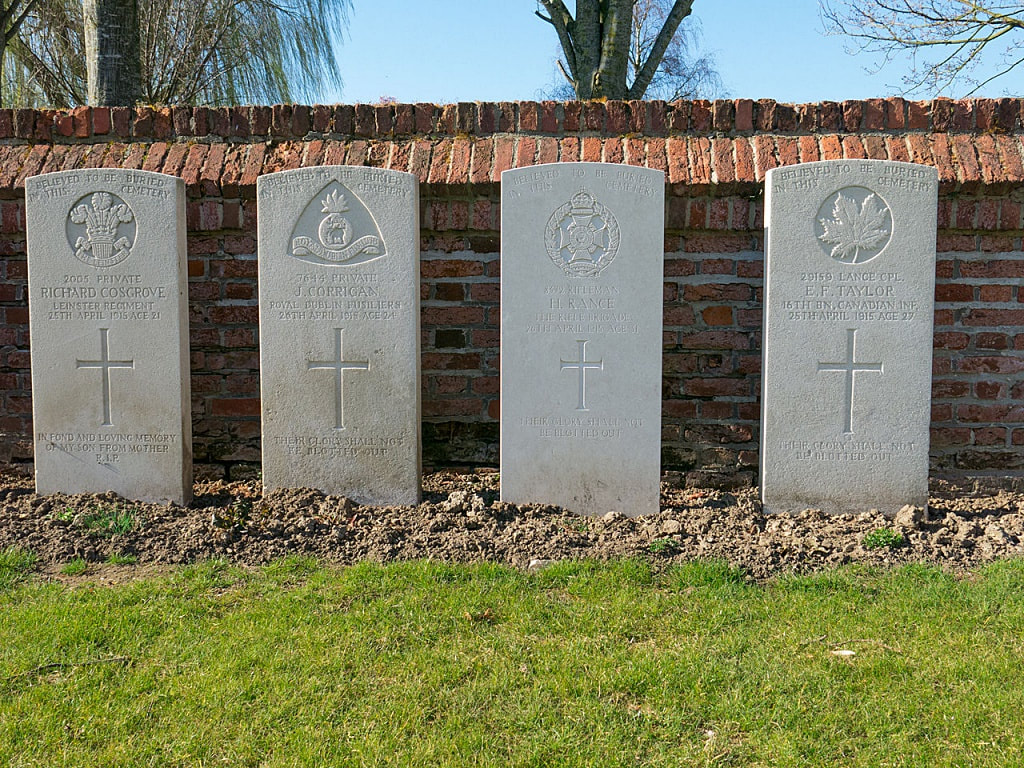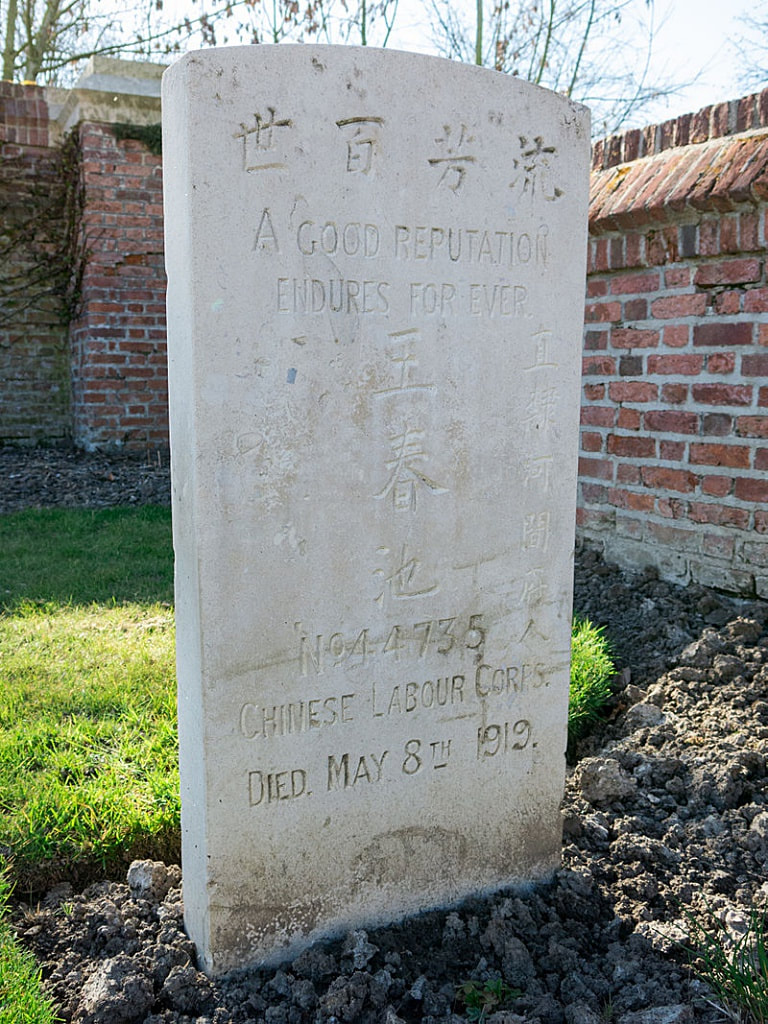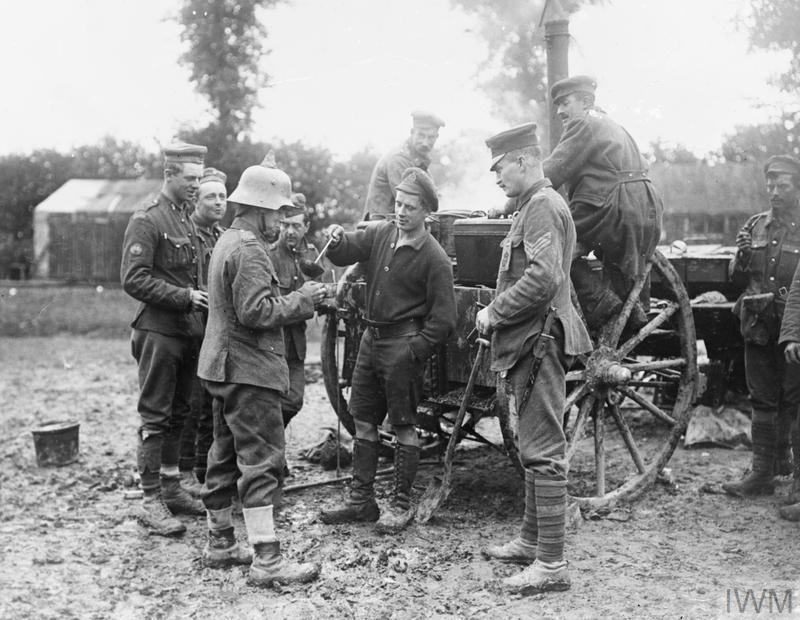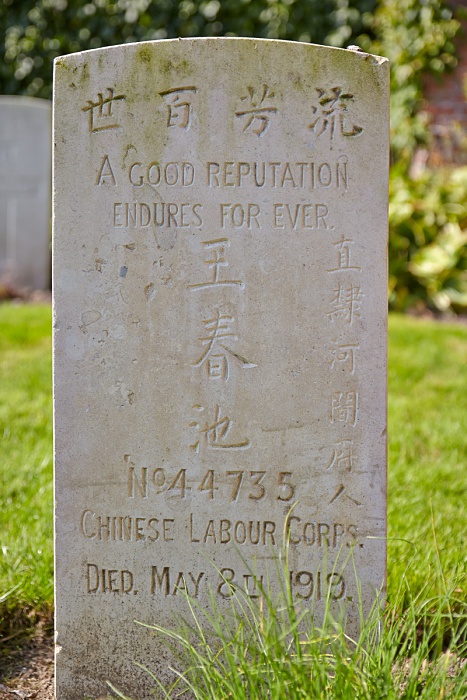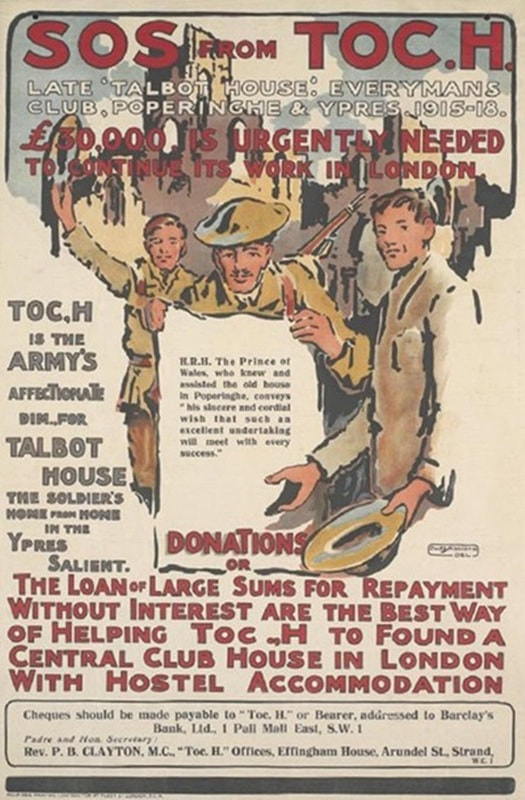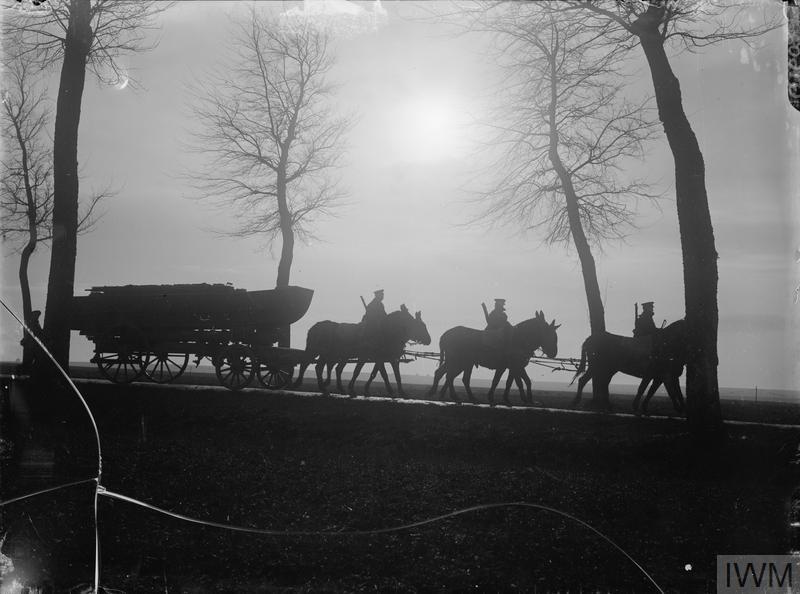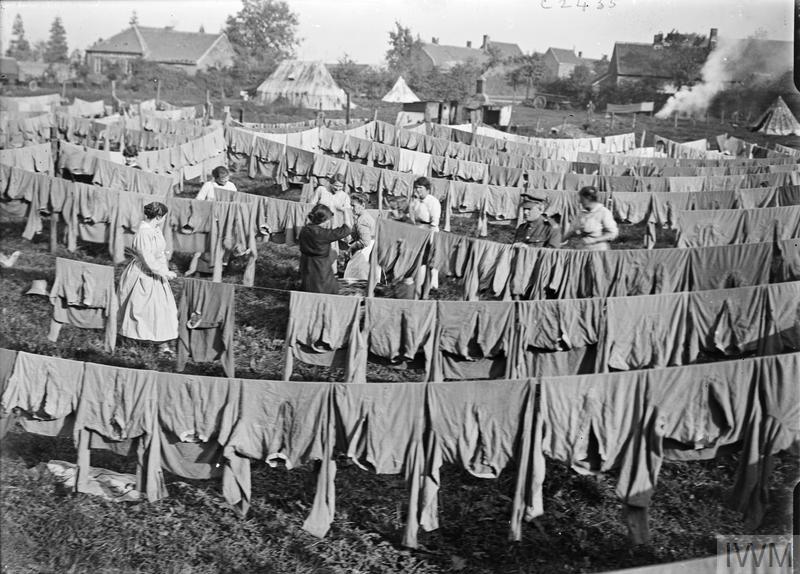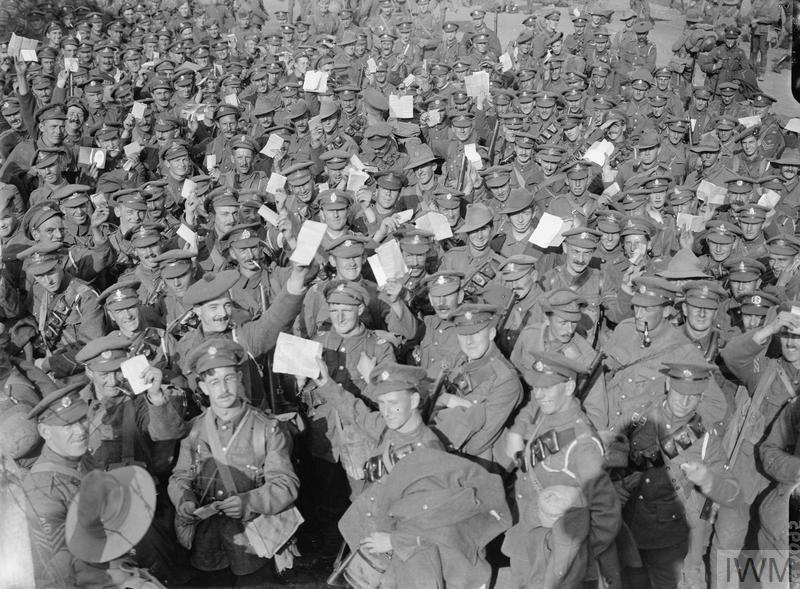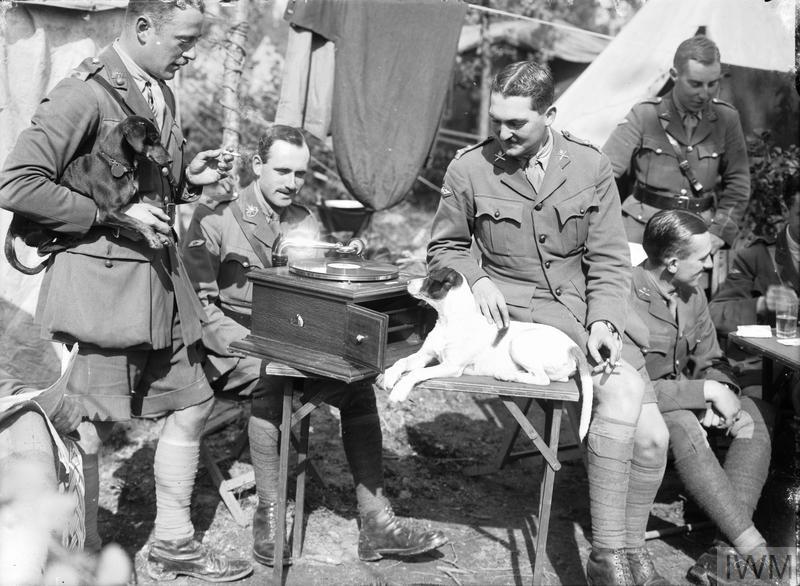POPERINGHE OLD MILITARY CEMETERY
West-Vlaanderen
Belgium
GPS Coordinates - Latitude: 50.85077, Longitude: 2.72831
Location Information
Poperinghe Old Military Cemetery is located 10.5 Kms west of Ieper town centre, in the town of Poperinge itself.
From Ieper, Poperinge is reached via N308. From Ieper town centre the Poperingseweg (N308), is reached via Elverdingsestraat then directly over two small roundabouts in the J.Capronstraat. The Poperingseweg is a continuation of the J.Capronstraat and begins after a prominent railway level crossing.
On reaching the town of Poperinge the left hand turning from the N308 leads onto the R33 Poperinge ring road. 1 Km along the R38 lies the right hand turning onto Deken De Bolan. The cemetery is located 200 metres from the ring road level with the junction with Polenlaan, on the right hand side of the road.
Visiting Information
Wheelchair access is possible to the cemetery with some difficulty.
Historical Information
The town of Poperinghe (now Poperinge) was of great importance during the First World War because, although occasionally bombed or bombarded at long range, it was the nearest place to Ypres (now Ieper) which was both considerable in size and reasonably safe. It was at first a centre for Casualty Clearing Stations, but by 1916 it became necessary to move these units further back and field ambulances took their places.
The earliest Commonwealth graves in the town are in the communal cemetery, which was used from October 1914 to March 1915. The Old Military Cemetery was made in the course of the First Battle of Ypres and was closed, so far as Commonwealth burials are concerned, at the beginning of May 1915. The New Military Cemetery was established in June 1915.
The Old Military Cemetery contains 450 Commonwealth burials and commemorations of the First World War. 24 of the burials are unidentified but there are special memorials to seven casualties known or believed to be buried among them.
The graves of about 800 French and Belgian soldiers and nearly 500 civilians were removed from the cemetery after the Armistice. For the most part, the civilians died in an epidemic of typhoid at the end of 1914, and were buried from an emergency hospital housed in a neighbouring chateau.
The cemetery was designed by Sir Reginald Blomfield and Noel Ackroyd Rew
Total Burials: 453.
Identified Casualties: United Kingdom 381, Canada 46, Germany 2. Total 429.
Poperinghe Old Military Cemetery is located 10.5 Kms west of Ieper town centre, in the town of Poperinge itself.
From Ieper, Poperinge is reached via N308. From Ieper town centre the Poperingseweg (N308), is reached via Elverdingsestraat then directly over two small roundabouts in the J.Capronstraat. The Poperingseweg is a continuation of the J.Capronstraat and begins after a prominent railway level crossing.
On reaching the town of Poperinge the left hand turning from the N308 leads onto the R33 Poperinge ring road. 1 Km along the R38 lies the right hand turning onto Deken De Bolan. The cemetery is located 200 metres from the ring road level with the junction with Polenlaan, on the right hand side of the road.
Visiting Information
Wheelchair access is possible to the cemetery with some difficulty.
Historical Information
The town of Poperinghe (now Poperinge) was of great importance during the First World War because, although occasionally bombed or bombarded at long range, it was the nearest place to Ypres (now Ieper) which was both considerable in size and reasonably safe. It was at first a centre for Casualty Clearing Stations, but by 1916 it became necessary to move these units further back and field ambulances took their places.
The earliest Commonwealth graves in the town are in the communal cemetery, which was used from October 1914 to March 1915. The Old Military Cemetery was made in the course of the First Battle of Ypres and was closed, so far as Commonwealth burials are concerned, at the beginning of May 1915. The New Military Cemetery was established in June 1915.
The Old Military Cemetery contains 450 Commonwealth burials and commemorations of the First World War. 24 of the burials are unidentified but there are special memorials to seven casualties known or believed to be buried among them.
The graves of about 800 French and Belgian soldiers and nearly 500 civilians were removed from the cemetery after the Armistice. For the most part, the civilians died in an epidemic of typhoid at the end of 1914, and were buried from an emergency hospital housed in a neighbouring chateau.
The cemetery was designed by Sir Reginald Blomfield and Noel Ackroyd Rew
Total Burials: 453.
Identified Casualties: United Kingdom 381, Canada 46, Germany 2. Total 429.
Images in this gallery © Geerhard Joos
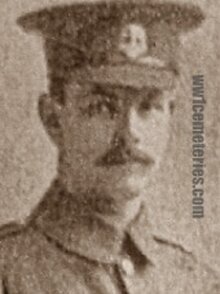
Second Lieutenant
Robert Henry Chester Abercrombie
1st/8th Bn. Middlesex Regiment
3rd May 1915, aged 24.
Plot II. P. 16.
Son of Chester and Ada Maria Abercrombie, of The Mount, Pleshey, Chelmsford.
Robert Henry Chester Abercrombie
1st/8th Bn. Middlesex Regiment
3rd May 1915, aged 24.
Plot II. P. 16.
Son of Chester and Ada Maria Abercrombie, of The Mount, Pleshey, Chelmsford.
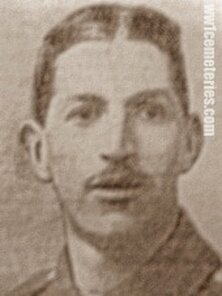
384 Private
Ernest Beck
1st/5th Bn. King's Own (Royal Lancaster Regiment)
27th April 1915
Plot II. M. 15.
Ernest Beck
1st/5th Bn. King's Own (Royal Lancaster Regiment)
27th April 1915
Plot II. M. 15.
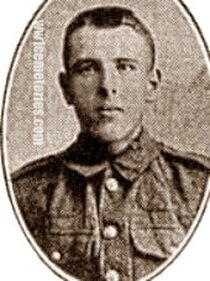
8067 Private
William Page
1st Bn. South Wales Borderers
5th November 1914, aged 29.
Plot I. L. 31.
Son of Jeremiah and Catherine Page, of Cheltenham.
William Page
1st Bn. South Wales Borderers
5th November 1914, aged 29.
Plot I. L. 31.
Son of Jeremiah and Catherine Page, of Cheltenham.
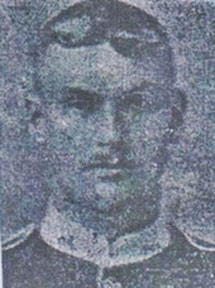
7400 Private
Frederick George Tiller
1st Bn. Bedfordshire Regiment
11th November 1914, aged 32.
Plot I. M. 70.
Son of Mr. and Mrs. William Tiller, of Croydon, Royston, Herts; husband of Riba Tiller, of Long Stowe, Cambridge.
Picture courtesy of grandson, John Tiller
Frederick George Tiller
1st Bn. Bedfordshire Regiment
11th November 1914, aged 32.
Plot I. M. 70.
Son of Mr. and Mrs. William Tiller, of Croydon, Royston, Herts; husband of Riba Tiller, of Long Stowe, Cambridge.
Picture courtesy of grandson, John Tiller
Images in this gallery © Werner Van Caneghem
Shot at Dawn:
44735 Coolie Ch'un Ch'ih Wang, 107th Company Chinese Labour Corps, executed for murder, 8th May 1919, Plot II. O. 54.
The ‘coolies’ in the Chinese Labour Corps were subject to Military Law, alike with those serving from Britain & the Empire — even, as in this case, after the cessation of hostilities. Wang was one of 10 members of the CLC who were sentenced to death for murder. No details are available of his crime, nor indeed of the proceedings at court-martial, confirmation & execution. In published material, there seems to be only an exiguous reference in Putkowski (p. 264 & Index)
The perhaps inappropriate bilingual superscription added to the identifying details on the headstone (in English: 'A good reputation endures for ever’) is simply one of the 4 standard wordings routinely used for CLC burials (in 43 different cemeteries, c. 2000 CLC members being thus classified as war casualties, many of whom had died from disease, in particular the ‘Spanish flu’).
44735 Coolie Ch'un Ch'ih Wang, 107th Company Chinese Labour Corps, executed for murder, 8th May 1919, Plot II. O. 54.
The ‘coolies’ in the Chinese Labour Corps were subject to Military Law, alike with those serving from Britain & the Empire — even, as in this case, after the cessation of hostilities. Wang was one of 10 members of the CLC who were sentenced to death for murder. No details are available of his crime, nor indeed of the proceedings at court-martial, confirmation & execution. In published material, there seems to be only an exiguous reference in Putkowski (p. 264 & Index)
The perhaps inappropriate bilingual superscription added to the identifying details on the headstone (in English: 'A good reputation endures for ever’) is simply one of the 4 standard wordings routinely used for CLC burials (in 43 different cemeteries, c. 2000 CLC members being thus classified as war casualties, many of whom had died from disease, in particular the ‘Spanish flu’).
TOC H was a rest centre for British soldiers of all ranks stationed in the Ypres sector in Flanders. It was the idea of a young army chaplain, the Reverend ‘Tubby’ Clayton, who established the centre in ‘Talbot House’ [TOC H in Army telephone jargon] in the Belgian town of Poperinge. Talbot House offered British troops a respite from the Front and an opportunity to develop and examine their understanding of the Christian faith. After the war former soldiers from Talbot House continued the work of TOC H as a civilian charity, establishing hostels and local branches to promote the Christian faith through community orientated work programmes. The work of TOC H continues to this day as an international Christian organisation involved in various charitable and social projects.
© IWM (Art.IWM PST 10992)
© IWM (Art.IWM PST 10992)

